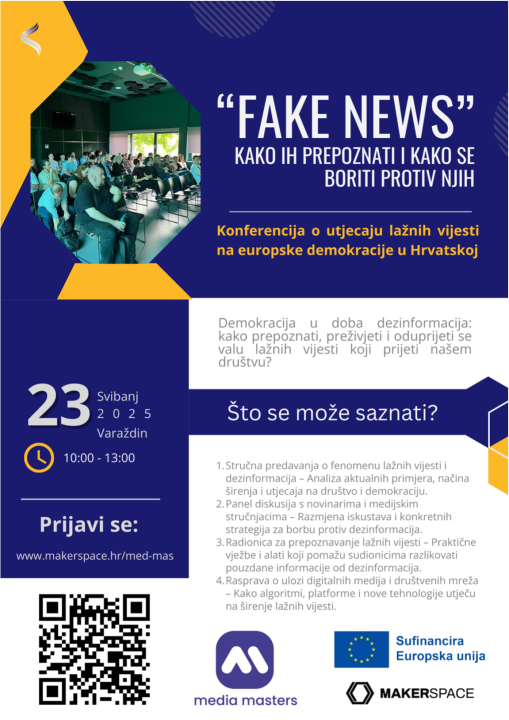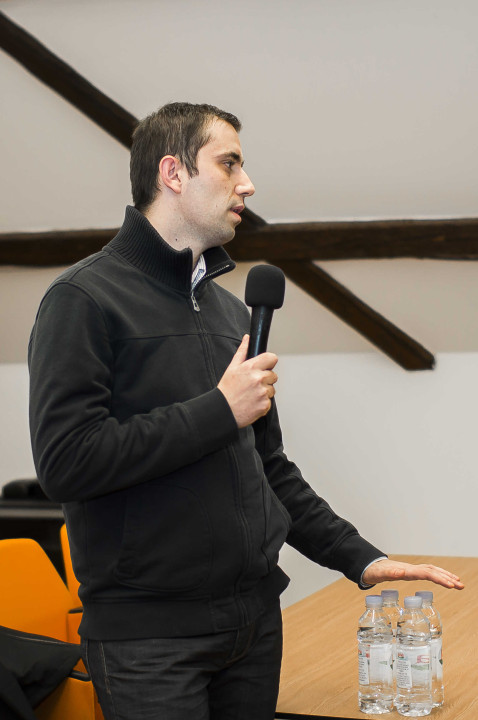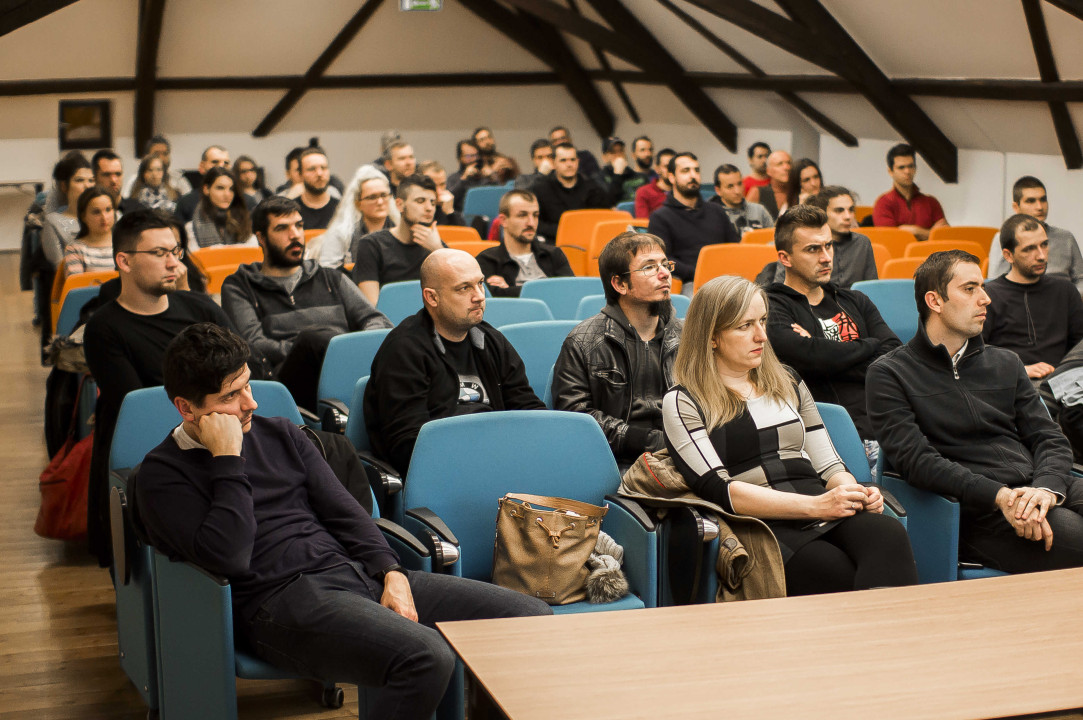In April 2025, the Conference on the Impact of Fake News on European Democracies in Croatia was held in Varaždin, organized by the association Makerspace Varaždin. The activity was part of the Media Masters project and work package WP26, focused on promoting media literacy and combating disinformation, particularly in the context of democratic processes and the upcoming European elections. The aim of the conference was to open a dialogue among experts, teachers, educators, young people, and decision-makers on the ways fake news, digital manipulation, and algorithmically biased content shape public opinion and influence democratic elections in Croatia and the European Union.
Media literacy as a response to the challenges of the digital age
The conference gathered over 70 participants from various sectors, with key contributions from experts in the technical, educational, and political fields. Hrvoje Selec, a media technician and educator, emphasized the importance of understanding the technical background of digital manipulations, such as deepfake videos and generative artificial intelligence. Through demonstrations and concrete examples, he showed participants how manipulated media content is created and why it is increasingly difficult to recognize without critical and technical literacy. Ivan Todorović, IT specialist and head of Makerspace Varaždin, focused on the importance of non-formal education and innovative tools in teaching media literacy. He presented the Media Masters board game, developed within the project, as a concrete tool for encouraging students and young people to think critically and identify fake news through gameplay and collaboration. He stressed that game-based learning methods are significantly more effective in raising awareness among young people because they combine fun, teamwork, and reflection. Alenka Čović, Master of European Public Policy and Project Management, presented the broader institutional and legislative framework for combating disinformation at the EU level. She spoke about the measures introduced by the European Digital Services Act (DSA), the role of European institutions in regulating the digital space, and the importance of cooperation between the education sector, civil society, and media organizations.
Discussions, exchange of experiences, and proposals for the future
Through working groups, participants analyzed concrete examples of fake news that influenced democratic elections in various countries, including the USA, Brazil, France, and Slovakia. Special attention was given to digital fact-checking tools, the role of platforms such as X (formerly Twitter), Facebook, and TikTok in spreading disinformation, and algorithmic personalization of content, which further polarizes the public. The conference resulted in a series of recommendations, with particular emphasis on the need for systematic teacher training and the integration of media literacy content into school curricula, as well as the importance of using participatory working methods such as board games, workshops, and project-based learning.
The conference in Varaždin made a valuable contribution to the joint European efforts to safeguard democracy in the digital age. By connecting the local community, education professionals, and European policy frameworks, it demonstrated that the fight against disinformation requires more than technological solutions—it demands active, informed, and critically aware citizens. It is precisely through events like this that societies build resilience to information manipulation and strengthen trust in democratic processes.


